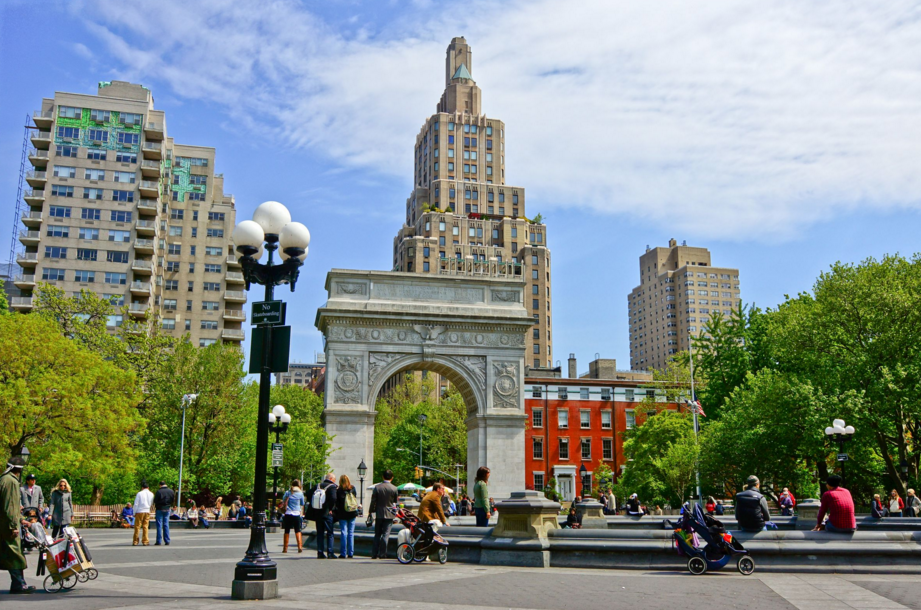
纽约大学(New York University),简称NYU,建立于1831年,是一所位于美国纽约市的世界顶尖私立研究型大学,全美办学规模最大的私立名校之一。 该校系美国大学协会成员,被誉为新常春藤。纽约大学与哈佛大学、斯坦福大学等一同名列普林斯顿评论全美学子十大梦校。
想要出国访问学习的小伙伴看过来啦,纽约大学免疫学、癌症、信息学或基因组学、膜蛋白结构/信号通路分析等方向正在招收访问学者、博士后!51访学网小编每周定时更新最新的访学招聘信息,感谢关注51访学。
Two postdoc and several visiting scholar positions are immediately available in Dr. Jun Wang’s laboratory at NYU Grossman School of Medicine in midtown Manhattan of New York City aside the east river.
Research in his translational cancer immunology lab consists of using two complementary approaches that aim to extend the benefits of immunotherapy to cancer patients that do not respond or develop resistance to anti-PD-1/PD-L1 therapy:
1) discovery of novel mechanisms that enable immune escape
2) rational redesign of the tumor microenvironment to restore tumor site-specific immune defects and to reduce immune-toxicities.
Biography of the PI
Dr. Wang has recently joined the NYU Department of Pathology & Perlmutter Cancer Center at late 2019. He finished his postdoc research in Dr. Lieping Chen’s laboratory at Yale Department of Immunobiology, and has been working on cancer immunology and immunotherapy for over fifteen years.
His research interest lies in discovering and understanding novel receptor-ligand pathways with immune-modulatory functions and how to best utilize them as potential targets for cancer immunotherapy.
During these years, Dr. Wang developed several genome-scale proprietary screening platforms that leading to valuable industrial partnerships and forming the basis ofNextCure, Inc. Of note, he has discovered several first-in-class targets, such as Siglec-15 (Nature Medicine, 2019), and FGL1/LAG3 (Cell, 2019), which represent novel tumor immune evasion mechanisms and new approaches for cancer immunotherapy.
The first-in-human cancer clinical trials targeting Siglec-15 pathway are currently ongoing. Moreover, Dr. Wang also examined the mechanisms of anti-tumor efficacy versus liver toxicity of agonistic anti-CD137 (4-1BB) therapy and provided new insights for alleviating liver pathology without disruption of anti-tumor immunity (Journal of Immunology, 2010; Oncoimmunology, 2018; Clinical cancer research, 2019).
The Wang Lab is planning to use innovative technologies to identify key mechanisms with translational potential for the immunotherapy of cancer and beyond.
The lab productivity has been demonstrated by several recent publications (Clinical Cancer Research, 2021; JEM, 2020; and two research articles in revisionregarding COVID-19 immunopathogenesis).
Complete publication list:
https://scholar.google.com/citations?user=rd7VNBQAAAAJ&hl=en
Research Areas:
The advent of immunotherapy has revolutionized cancer therapy. The durable clinical success of PD-1/ PD-L1 blockade illustrates the key concept of targeting immune-evasion mechanisms within the tumor microenvironment to restore tumor-specific immunity.
However, given that a substantial subset of patients does not respond to or develop resistance to anti-PD-1/PD-L1 therapy, our major research interest is to discover novel mechanisms that enable immune escape and to utilize these pathways to modulate anti-tumor immunity within the tumor-site.
We have previously established several discovery platforms to identify novel pathways, such as FGL1/LAG3 and Siglec-15, as potential cancer immunotherapy targets.
We will further study the biology of these pathways, and to develop suitable disease model systems as well as precise biomarkers to facilitate their clinical utilization.
In parallel, we will develop more cancer-relevant discovery strategies to identify key pathways responsible for immune evasion mechanisms within the tumor microenvironment, especially those beyond tumor-T cell interactions.
Additionally, we will also design a novel therapeutic platform to combine the benefits of both cellular and protein therapy that fine-tunes immunity in the disease lesion for the optimal control of cancer and beyond.
In collaboration with our industry partners and clinicians, our research programs will define key immune-modulatory pathways and may contribute to the next-generation cancer immunotherapies.
Postdoc Positions:
We are looking for passionate, highly motivated postdoctoral scientists who are interested in answering key questions in cancer immunology, understanding the basic biology of novel immune regulatory pathways, as well as the translation of those research into drug development.
Applicants should hold a Ph. D or equivalent degree in relevant fields. Candidates with research background in immunology, cancer, informatics or genomics, structural/signaling analysis of membrane proteins are encouraged to apply. Visiting students/scholars are also welcome to apply. Please email your CV, cover letter explaining your interests in our research, and contact information for three references to jun.wang@nyulangone.org if interested.













